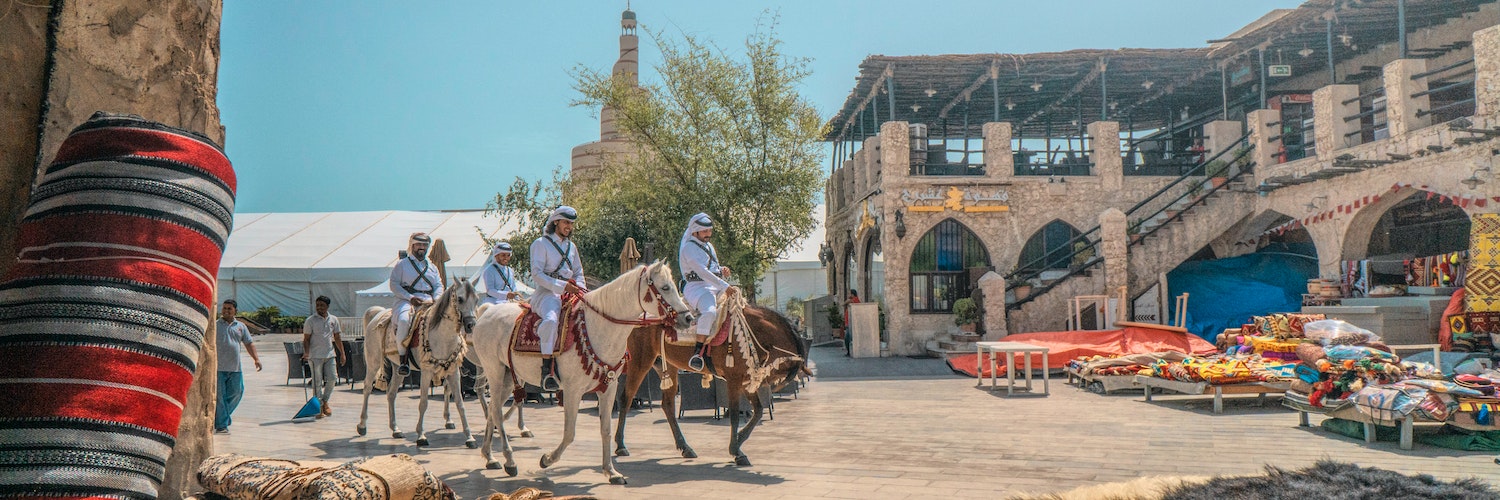Arabic is a very vast language. It is spoken in many many countries. So there are more than 30 dialects. So it’s hard to understand all these dialects. But by making a list of dialects the process of learning becomes easy.
Here is a detailed list of all dialects along with countries where these are spoken.
1. MAGHREBI DIALECT
TYPES
- Moroccan Arabic {darija – الدرجة}
- Tuisian Arabic {derja – الدرجة / تونسي }
- Algerian Arabic { darja }
- Libyan Arabic {libi – ليبي }
- Hassaniya Arabic
- Saharan Arabic
COUNTRIES
- Morocco
- Algeria
- Tunisia
- Libiya
- Western Sahara
- Mauritania
2. SUDANESE DIALECT
TYPES
- Sudanese Arabic {Sudani – سوداني }
- Chadian
- Juba Arabic {This pidgin language of South Sudan is influenced by a number of other local languages}
COUNTRIES
- Sudan
- Eritrea
3. GYPTIAN DIALECT
TYPES
- Egyptian Arabic {masri – مصري }
- Sa’idi Arabic {saidi – صعيدي }
COUNTRIES
- Egypt
- North Africa
4. ARABIAN PENINSULA DIALECT
TYPES
- Bahrani Arabic
- Bareqi Arabic
- Gulf Arabic {kaliji – خليجي }
- Najdi Arabic { najdi – نجدي }
- Omani Arabic { umani – عماني }
- Hejazi Arabic { hijazi – حجازي }
- Hadhrami Arabic { hadrami – حضرمي }
- Shihhi Arabic
- Dhofari Arabic
- Yemeni Arabic { yamni – يمني }
- Tihamiyya Arabic
COUNTRIES
- Bahrain
- Kuwait
- Oman
- Qatar
- Saudia Arabia
- Yemen
- the United Arab Emirates
- Southern Iraq
- Tribal peple of jordan
5. MESOPOTAMIAN DIALECT
TYPES
- Meso potamian Arabic
- North Mesopotamian Arabic { moslawi / Qeltu }
COUNTRIES
- Iraq
- Syria
- South-Eastern Turkey
6. LEVANTINE DIALECT
TYPES
- Levantine Arabic { sami – شامي }
- Syrian Arabic
- Cypriot Arabic
- Lebanese Arabic { libneni – لبناني }
- Jordan Arabic {urduni – أرد ني }
- Palestinian Arabic {falastini – فلسطيني }
- Bedawi Arabic {badawi /bdiwi – بدوي }
COUNTRIES
- Israel
- Jordan
- Lebanon
- Palestine
- Syria
- Turkey
7. ANDALUSIAN DIALECT
- Andalusian Communities
Are they Arabic dialects or languages?
Students frequently question whether Arabic dialects should be regarded as languages rather than dialects due to the stark distinctions between them.
We refer to the Arabic dialects as dialects because that is what the nations where they are spoken do. The cause is therefore somewhat political. Modern Standard Arabic is the “official” language of the majority of Arab-speaking nations. The media, international politics, and official statements all employ such terminology.
All other languages, excluding MSA, are not regarded as real languages, not even by native speakers. Even when we consistently violate these fictitious laws, our teachers and friends continue to tell us that it is simply slang or that there are no real regulations.
The absence of a widely used written form causes the Arabic local languages to frequently be referred to as dialects of Arabic. Like Egyptian Arabic, they do occur in writing, but considerably less frequently than MSA. Therefore, no authority is announcing, “Hey! spelling can vary depending on whether you’re in France or Israel, for example: “That’s not how you spell something!”
Locally used terms for spoken Egyptian Arabic include “accent” and “slang” (). Respectfully, the terms are synonyms for “dialect” and “colloquial,” but people tend to use them interchangeably.
LIST OF DIALECTS FAQs
1.How many Arabic dialects are there?
There are 30-32 modern types of Arabic dialects. These dialects of Arabic can be heard in locations hundreds or thousands of miles apart.
2. Is Iraqi Arabic different?
Iraqi Arabic is nearly unique among Arabic dialects in that it uses the letter “p” as in Peter and the letter “ch” as in chair (also used in Gulf Arabic). There are three major Iraqi dialects: Baghdadi and the surrounding area dialect, Basra dialect, and Mosul dialect, with Baghdadi being the most widely spoken and understood.
3. Is Farsi a dialect of Arabic?
Farsi is not only a separate language family from Arabic, but it is also a separate language group.
4. What is the most conservative Arabic dialect?
Yemenese Arabic
Yemeni Arabic refers to a group of Arabic dialects spoken in Yemen, southwestern Saudi Arabia, and the Horn of Africa. It is widely regarded as a very conservative dialect cluster, with many classical features not found in the majority of the Arabic-speaking world.
5. Which Arab countries don’t speak Arabic?
Israel, Turkey, and Iran are among the Middle Eastern countries that do not speak Arabic. Although Arabic is spoken in all three countries, it is not the first language of the people who live there. Jordan Boshers works as the Chief Digital Strategist at IstiZada, a digital agency that assists businesses in marketing to Arabs.

